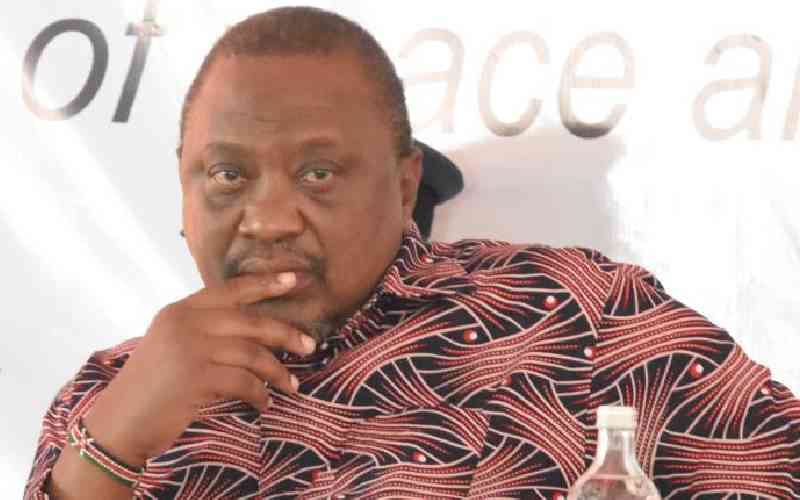×
The Standard e-Paper
Home To Bold Columnists

Faced with its strongest storm, the Azimio la Umoja-One Kenya Coalition is undoubtedly crumbling.
A decision by its leader Raila Odinga to embrace dialogue with President William Ruto has various forces pulling in different directions.